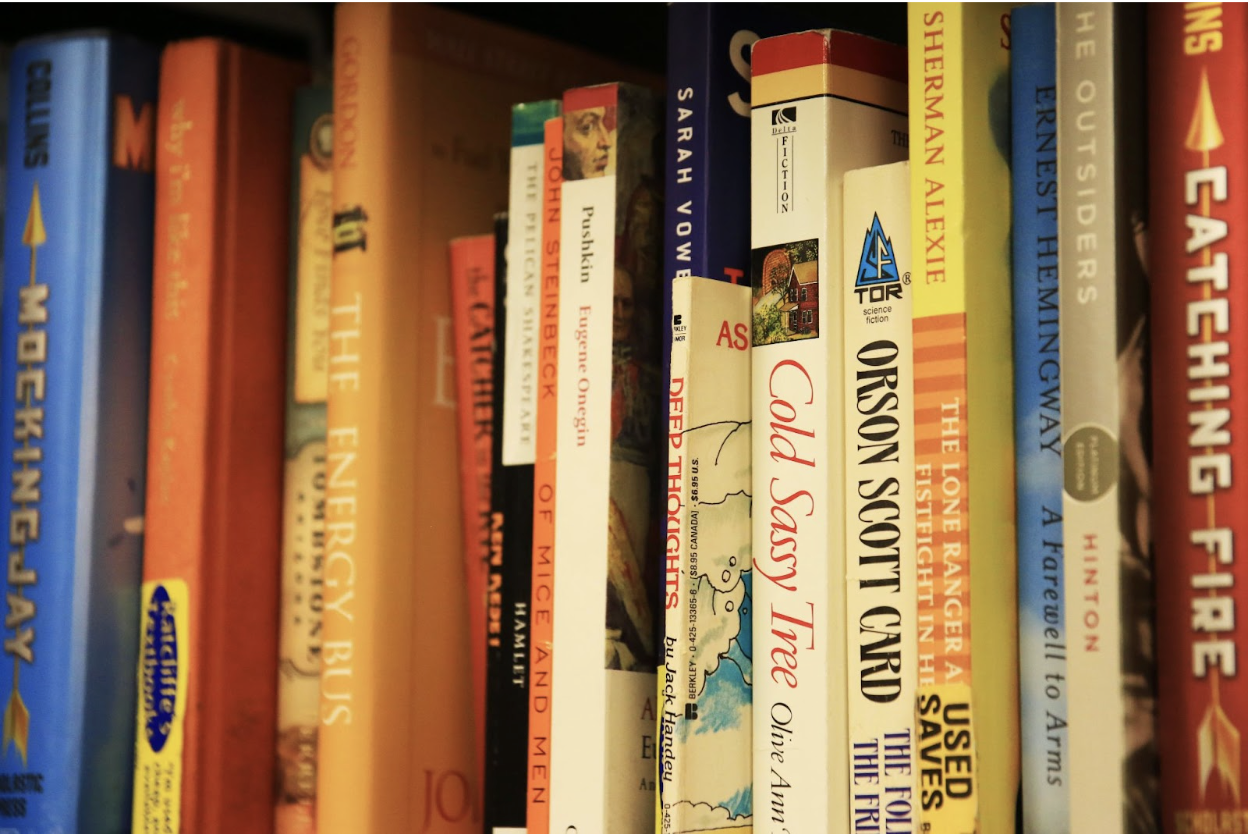
Piles of books sit by my bed — just over 100 — and I haven’t read a single one.
This is a fact that took me months to come to terms with. When I was younger, I was running out of books to read quicker than I could get them. Years later, I still love reading, but the lack of creativity left in literature makes it hard to keep picking up one dull book after another.
When it comes to the piles by my bed, a vast array of cool tones and characters loosely differing from one another, I can barely make it to two chapters.
Literature is supposed to be about creativity — sharing a story only the author can share. But, in an age where #BookTok controls what books get pushed to the limelight and which ones get pushed out, originality is punished and every new bestseller is just like the last.
This is something that happens in every genre, the most repetitive being young adult fantasy. The rinse-and-repeat of characters and plots — such as the independent, bland main female character or the brooding, morally-ambiguous male love interest — has taken the creativity out of creative writing. Authors are creating the same product as each other, and those who don’t are rejected by publishers because they are not as likely to get the sales. A lack of creativity still sells — a dangerous economic incentive that is destroying literature.
Along with the repetition of characters comes the same scenes and character arcs in the form of tropes. Lost from its original definition, tropes are #BookTok trends overplayed in literature, such as the “one bed” trope or the broader “enemies to lovers.” When marketed on social media as a must-have for any popular book, these tropes push authors to add them unnecessarily.
This is not something new, either, and it does not come without repercussions. When Suzanne Collins’ “The Hunger Games,” took the world by storm, it acted as a catalyst for the resurgence of dystopian fiction; this time specifically geared for teenagers. The genre boomed. It was original enough to be new, yet repetitive enough to be familiar. However, when Veronica Roth released “Divergent,” a book that stripped the story down to its bare essentials, the genre collapsed. With the way literature is going, every new trope and bestseller is only pushing creativity one step closer to disappearing.
Originality is not something to punish or fear in literature; instead, it is something that should be celebrated. Books tell stories no one else can, and when authors are allowed to write those stories without caring about how well it might sell, books can become catalysts for new forms of literature or connect with a reader in a way that no other book can. If we keep evading creativity to fit the publishing world, then creative writing is as good as gone.
